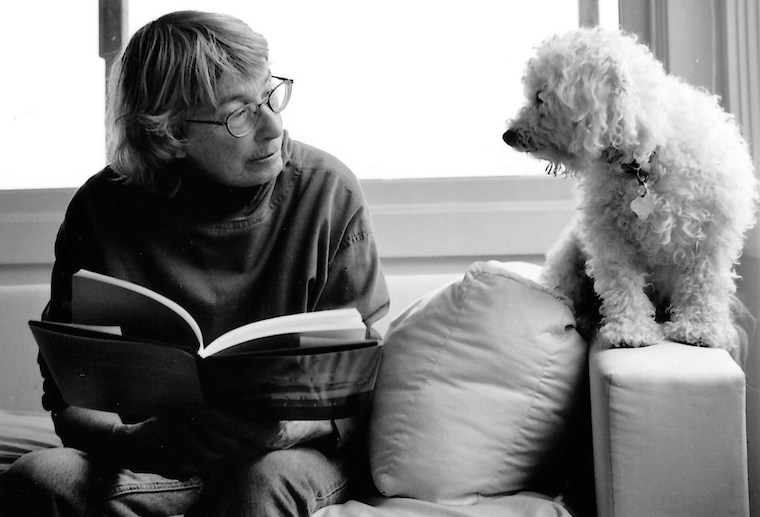This year marks the 20th anniversary of my ‘shades of gray‘ project. Written way back in 2004, I’ve been waiting for the right moment to post it online, as it currently only exists in printed form – in an ancient three-ring-binder, the way my projects used to be housed and presented. Nostalgia works in strange ways… and like most remembrances, when examined up close, it feels slimmer and less substantial than it felt at the time. Quite possibly, I’ve simply become more long-winded. This may be a welcome reminder of how tight things used to be.
‘shades of gray’ was a collection of written vignettes – some just a few short sentences – that were held together by the notion of visiting ghosts, fueled by those whom we had lost. The featured pic here is the painting of ‘Charon Ferrying the Shades’ by Pierre Subleyras, which formed an introduction and inspiration for the project, which was dedicated to ‘all of the visiting ghosts ~ Uncle Roberto, Jeff Johnson, Lee Bailey, Nathan, Diane, and Andy’s Mom‘.
Toying with the idea of putting it up on ‘The Projects’ page, I originally planned to post it in its entirety, but with a lack of inspiration lately, and a desire for slumber over writing new blog posts, I’m spacing it out in individual posts – shorter and lighter, but more frequent. Such as today: following this introductory post, I’ll put up the first three entries – so you’ll get a four-post day.
I haven’t read this in about twenty years, since I don’t usually like to revisit previous work, and I’m a little afraid of what I might find. Bear that in mind when sharpening your critiquing shears – I don’t intend to edit or improve anything, much as it may be tempting; how lovely it would be to edit the past so easily. Alas, you, and I, will have to trudge through whatever nonsense I found invigorating two decades ago. A few hints of what is to come, courtesy of Webster’s Revised Unabridged Dictionary:
shade – 6. The soul after its separation from the body; — so called because the ancients it to be perceptible to the sight, tough not to the touch; a spirit; a ghost; as, the shades of departed heroes.
7. The darker portions of a picture; a less illuminated part.
9. A minute difference or variation, as of thought, belief, expression, etc.; also, the quality or degree of anything which is distinguished from others similar by slight differences; as, the shades of meaning in synonyms.
The Shades, the Nether World; the supposed abode of souls after leaving the body.
Note: Shade differs from shadow as it implies no particular form or definite limit; whereas a shadow represents in form the object which intercepts the light. When we speak of the shade of a tree, we have no reference to its form; but when we speak of measuring a pyramid or other object by its shadow, we have reference to its form and extent.
























